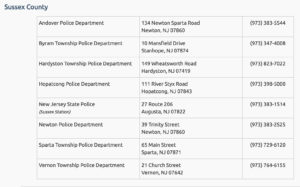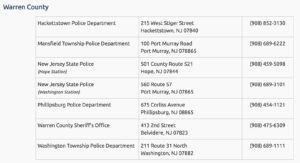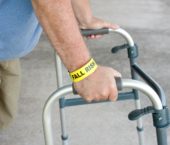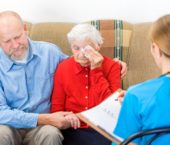Many grieving people wonder if they would benefit from joining a support group. Support groups are a time-tested method of help for people struggling with all sorts of difficulties. But groups are not magic; there are no words that can be uttered within a group setting that can make grief disappear.
Will a support group help?
Groups are places to work together to support one another; they are places where everyone gives and takes. Not everyone will find a support group suitable; each individual grieves in his or her own way. For many, however, support groups have much to offer, such as:
Validation: Grief is experienced in so many ways — physical, emotional, and spiritual. One needs a place to recognize that these reactions are part of the journey of grief. Being with other grieving people can reaffirm that one is not going crazy. While every loss is unique, through support groups one can bask in the support of others who have experienced loss and understand.
Time away: For many people, a support group can be a break from the loneliness and the boredom that often come with grief.
Suggestions for coping: There is no single solution to dealing with loss but members of a support group can offer a range of alternatives. By listening to stories of how others cope with a particular problem, one can find the solution that might work best.
Support groups offer two other gifts: they provide hope by providing models that reaffirm that one can survive loss; and participating in a support group can also help the griever can find new empathy, new understandings, and renewed strengths.
The Joseph T. Quinlan Bereavement Center offers support groups in the following locations open to anyone who is suffering a loss of a loved one through death. The support groups are on-going, free of charge, and no pre-registration is required. For more information please call 973-948-2282.
| Monthly: | Location: | Time: |
| Second Monday | 5 Plains Rd., Augusta, NJ | 7:00 – 8:30 p.m. |
| Third Tuesday | 214 Washington St., Hackettstown, NJ | 10:00 – 11:30 a.m. |
| Fourth Tuesday | 206 E. Ann St., Milford, PA | 10:00 – 11:30 a.m. |
| First Wednesday | 5 Plains Rd., Augusta, NJ | 12:30 – 2:00 p.m. |
| Third Wednesday | 5 Plains Rd., Augusta, NJ | 12:30 – 2:00 p.m. |
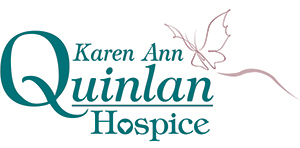
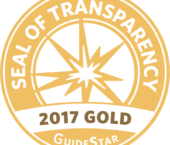
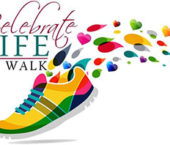
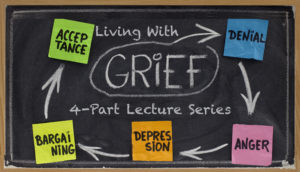
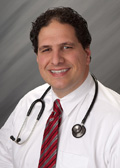 He serves as the Delaware Valley School physician, he is a board member for the Center for Development Disabilities, and medical director of Karen Ann Quinlan Hospice. In addition, he is on the Palliative Care Committee at Newton Medical Center.
He serves as the Delaware Valley School physician, he is a board member for the Center for Development Disabilities, and medical director of Karen Ann Quinlan Hospice. In addition, he is on the Palliative Care Committee at Newton Medical Center.